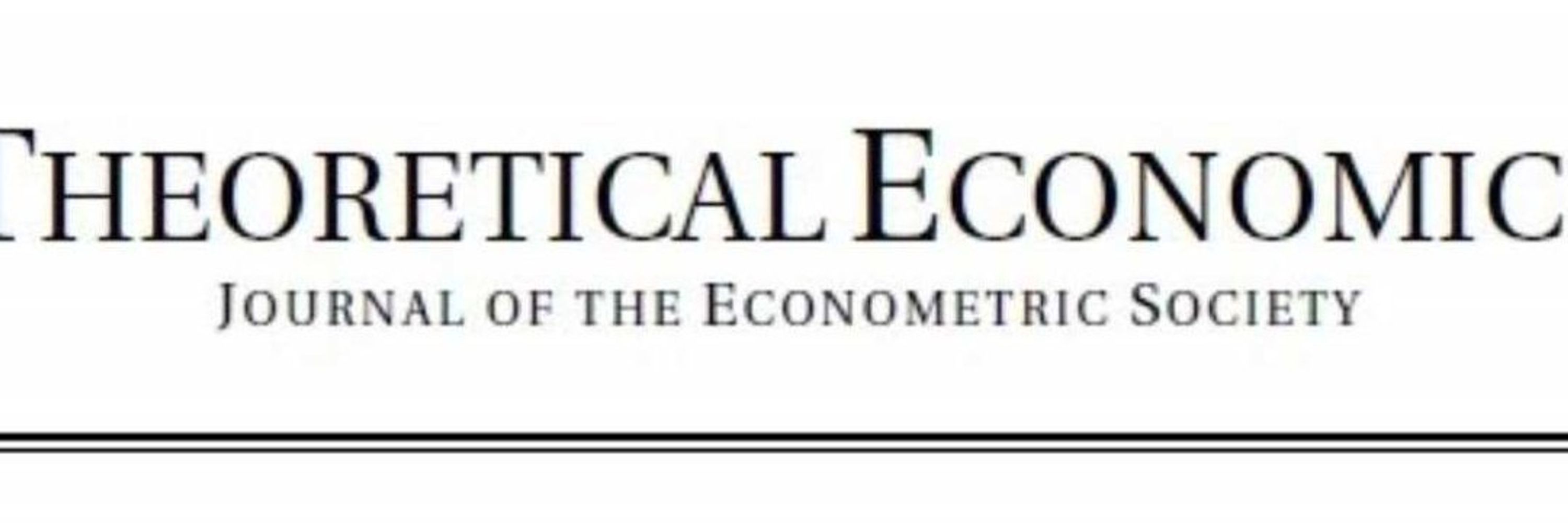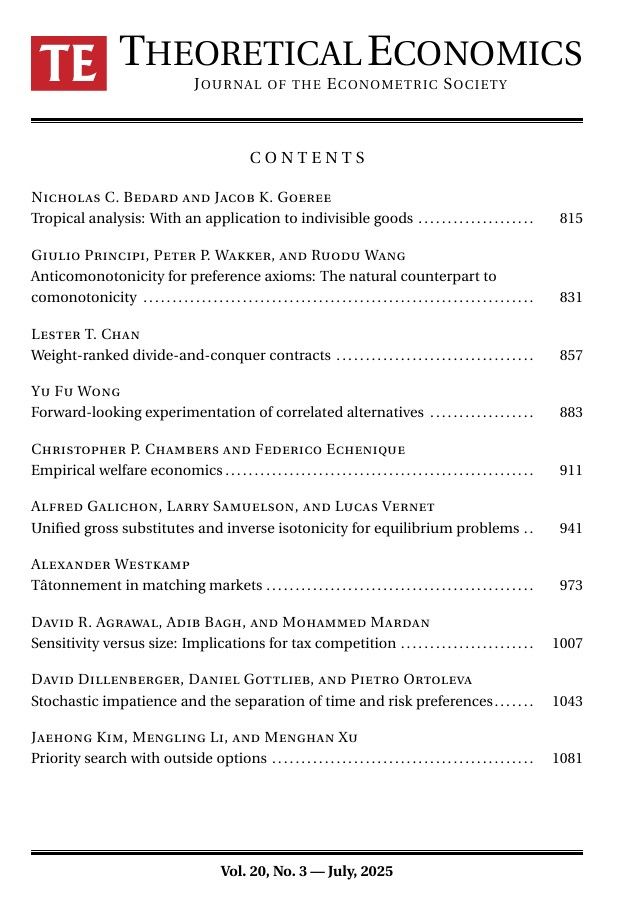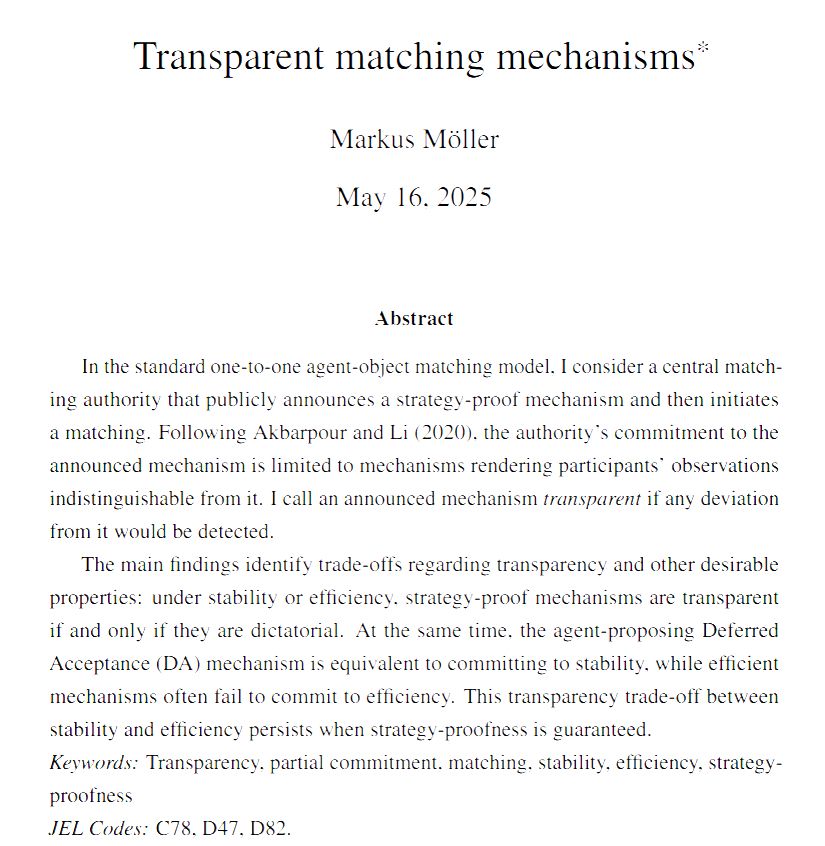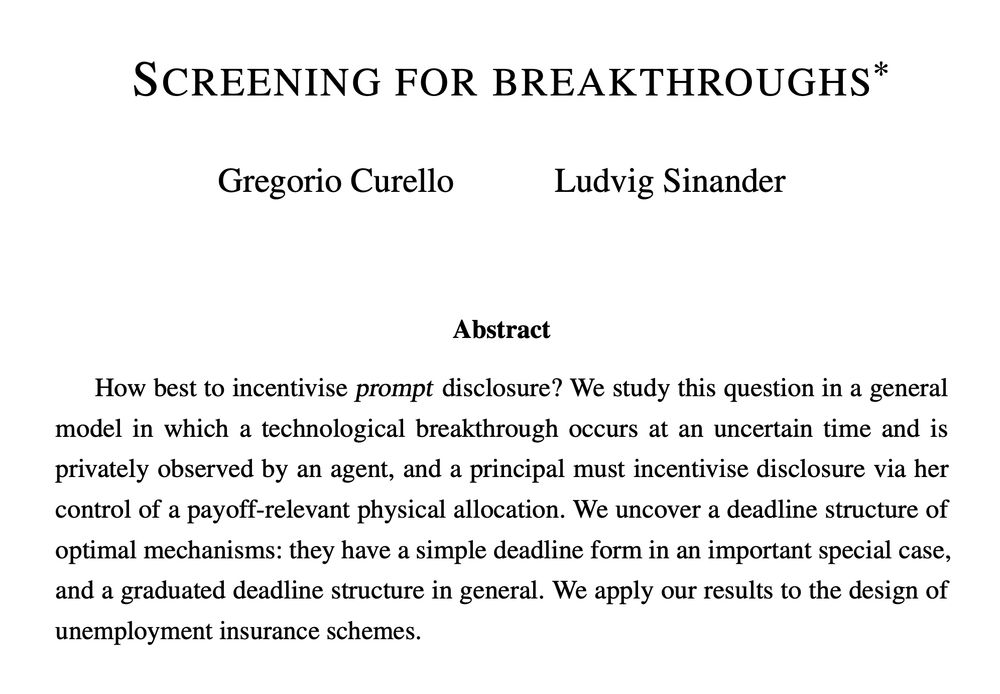






I characterize the constrained-efficient market segmentation when agents use it to direct their search econtheory.org/ojs/index.ph...

I characterize the constrained-efficient market segmentation when agents use it to direct their search econtheory.org/ojs/index.ph...



















